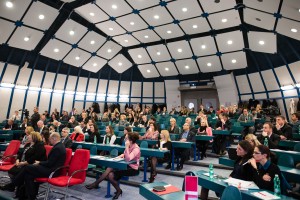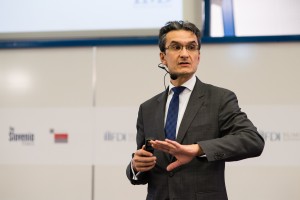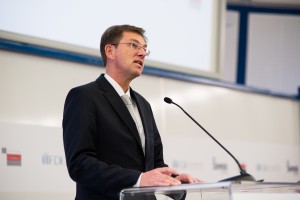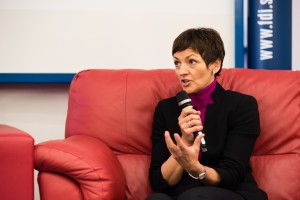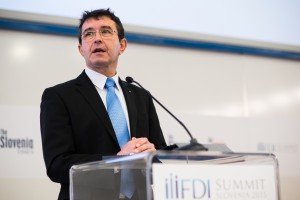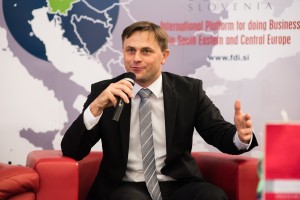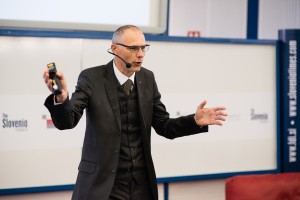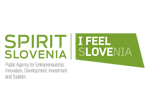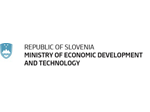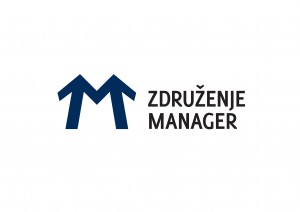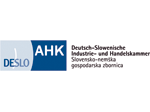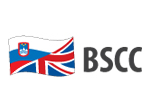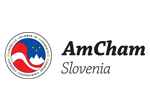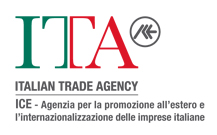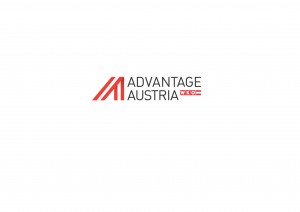FDI SUMMIT SLOVENIA 2015 – Management of talent will improve competitiveness
- Written by Brane Krajnik
- March 24, 2016 at 10:22 am
-
The Slovenia Times and the Faculty of Economics Ljubljana have, for the last six years, co-organised the FDI (Foreign Direct Investments) Summit Slovenia. The 2015 Summit provided the opportunity for senior Slovenian politicians, top managers from both local and foreign companies, together with leading economists and the foreign economic chambers in Slovenia, to discuss the issue of Slovenia’s competitiveness.
The keynote speaker at the summit was Professor Arturo Bris, Chairman of IMD World Competitiveness Center , who highlighted how competitive Slovenia is, the strengths and the weaknesses. He explained that a competitive country has a good, transparent and efficient government, good infrastructure (physical, education and health) and an efficient private sector, which creates jobs. “Slovenia has good infrastructure, especially in terms of labour – the human talent – which is an important pillar. However, two other areas, the government and the private sector are easier and quicker to develop than infrastructure. This should be the main pillar for Slovenia to become a more competitive country”.
During the discussions between high profile business leaders, ministers and the Prime Minister of Slovenia, Dr Miro Cerar it was agreed there is a lot of talent in Slovenia but also a lot of room for improvement. In the private sector, business leaders rate themselves quite low in the IMD competitiveness ratings. To improve, we need to learn a lot from each other, from the foreign companies operating in Slovenia and Slovenian companies in other countries. Slovenia therefore needs to improve the credibility of management on corporate boards and access to finance, particularly for SMEs.
With regard to the government, Slovenia needs to reduce bureaucracy and improve the speed of decision-making. Slovenia could position itself as the regional R&D hub but would need a better taxation system to enable that. Slovenia also needs to create job possibilities for highly educated people; the high income taxes unfortunately limit the number of high value jobs that can be created.
The inclusion of people in the education system is also important and Slovenia must do this, especially in the context of smart specialisation –with talent trained in the green economy in order to meet the needs of the future. If Slovenia does not provide this talent with good governance and good jobs, including professional development opportunities on top of their salary, the risk is that they will leave. The brain drain in Slovenia is still a recent phenomenon and there is a lack of good data to measure the numbers but it is happening. Other countries are competing for Slovenia’s talent.
AS THEY SAID… FDI SUMMIT SLOVENIA 2015
“In the European Union, competitiveness means: Let’s export more, let’s lower prices and salaries, let’s make sure that we can produce at the comparative advantage with respect to other countries and once we are cheap, then we will export more and we’ll become competitive. And that is completely wrong!”
Dr Arturo Bris, Director, IMD World Competitiveness Center
“In terms of the challenge of how Slovenia can be more competitive on a global scale, we – the government and the business sector – are one team. As a team, we must work together and foster open dialogue and mutual trust.”
Dr Miro Cerar, Prime Minister of the Republic of Slovenia
“We live in a society of young global people. They communicate differently than we do; they use many new competencies, which we probably do not even know; they create new skills because they live differently and because they perceive the world differently. The world is just one world for them.”
Dr Maja Makovec Brenčič, Minister of Education, Science and Sport
“Slovenia would like to be a reference country in a digital Europe – green. We are strongly integrated in the global economy; we are one of the rare countries which exports 80% of GDP.”
Boris Koprivnikar, Minister of Public Administration of Slovenia
“The pool of talent that stays here is less and less and we have to turn this around – foreign capital is free, it is free of charge and we have to think how to attract it very quickly before our neighbouring countries do.”
Tomaž Lanišek, General Manager OEM Europe & CIS, Knauf Insulation
“We are too small to do everything. We need to specialise and we need to figure out what our competitive advantages are, which finally we are doing in the industries which have the largest capabilities and competencies. I think this is the right way to produce very tangible results in the next five years.”
Iztok Seljak, PhD. Managing Director of Hidria
Photo: Aljaž Hafner
Related Posts

Video: FDI 2016 December 12, 2016

Slovenia probing investor interest in London March 21, 2016












